

Punteha van Terheyden
Spring brings sunshine and pesky pests, too — learn how to get rid of ants in a kitchen fast with our experts tips. These six-legged insects can quickly gather in their hundreds around food, so acting quickly is essential to stop them in their tiny tracks.
We asked our cleaning and pest control pros the best way to get rid of ants, not only rapidly, but for good too. They've shared a six-step guide, product recommendations and homemade solutions to help you stop this critter army.
Since you've already identified bugs in your home, delve into our expert guide for an ant-free kitchen, and enjoy the peace of knowing your home is once again secure against pests.
How to get rid of ants in a kitchen quickly and permanently
Warmer weather brings pests and and we've delved into the best ways to get rid of ants in your kitchen. Though there's 13,000+ different species and flying ants require their own battle plan, this guide is effective against most of the usual suspects.
Our experts reveal a step-by step plan along with their pest-control product recommendations.
All prices in this article were correct at the time it was published.
1. Clear your kitchen
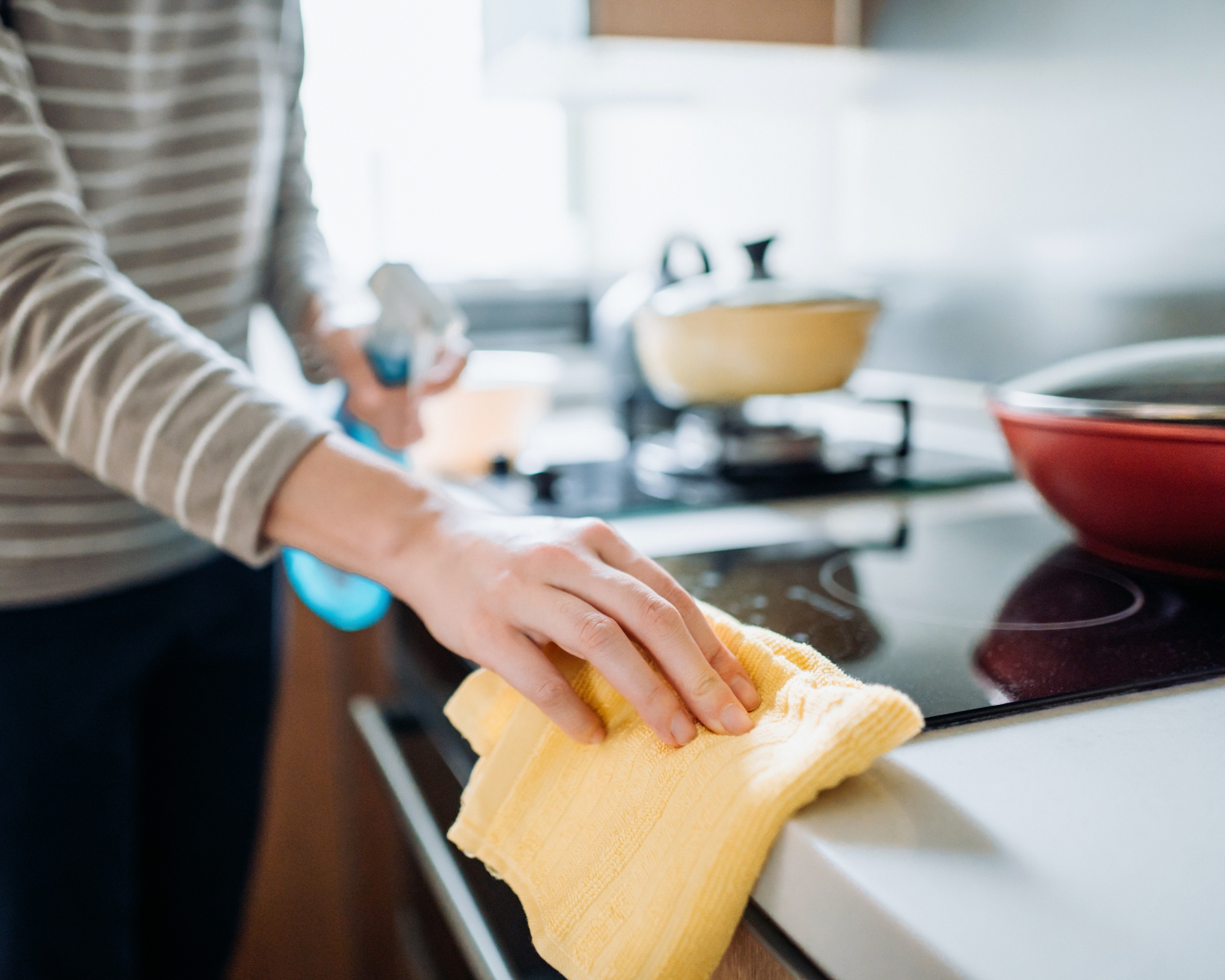
Ants are drawn to food, so before launching your offensive, it's crucial to eliminate anything in your kitchen that might be attracting them.
John Target, founder of Target Pest Control, says, "First things first, clear out your kitchen. I'm talking a full sweep — leave no crumb behind. Ants are here for the food, so your mission is to cut off their supply.
"Start with wiping down all surfaces. A solution of equal-parts vinegar and water isn't just for show — it disrupts the pheromone trails ants leave for their buddies."
The Good & Gather Distilled White Vinegar from Target is a high-quality option and rated five stars by thousands of shoppers.
Karina Toner, operations manager at Spekless Cleaning, adds, "Ants are primarily attracted by food and moisture. Keep ants away by regularly cleaning all kitchen surfaces to remove food residues, fix leaky pipes and ensure dry counters and floors."
She adds that ant activity can increase during warmer weather, but colonies can be driven indoors for a number of reasons.
"Spring and summer are their breeding seasons, and warmer temperatures make ants more active. They usually appear in search of food or shelter and invade during extreme weather— hot, dry spells or heavy rains can drive them indoors."
2. Seal entry points
Once you've cleared away potential food sources and any loose debris (don't forget to vacuum behind the fridge and under furniture too), it's time to locate and seal off the ants' entry points.
Carefully examine the perimeter of your kitchen, including windows, doors, and any cracks or crevices in walls or flooring. Ants can squeeze through small openings, so be thorough in your inspection.
John says, "Ants can find their way through the tiniest of gaps. Caulk is your best friend here — use it to fill any cracks or openings around windows, doors, and floors. It's not just about blocking their current paths; it's about preventing future unwelcome visitors too."
The GE Advanced Silicon Caulk from Amazon works well for kitchens, is water, shrink and crack-proof.
Karina emphasises how this pest's canny ability to squeeze into the smallest of openings so watch out for cracks around your foundations and pay special attention to utility lines and pipes.
3. Invest in repellants
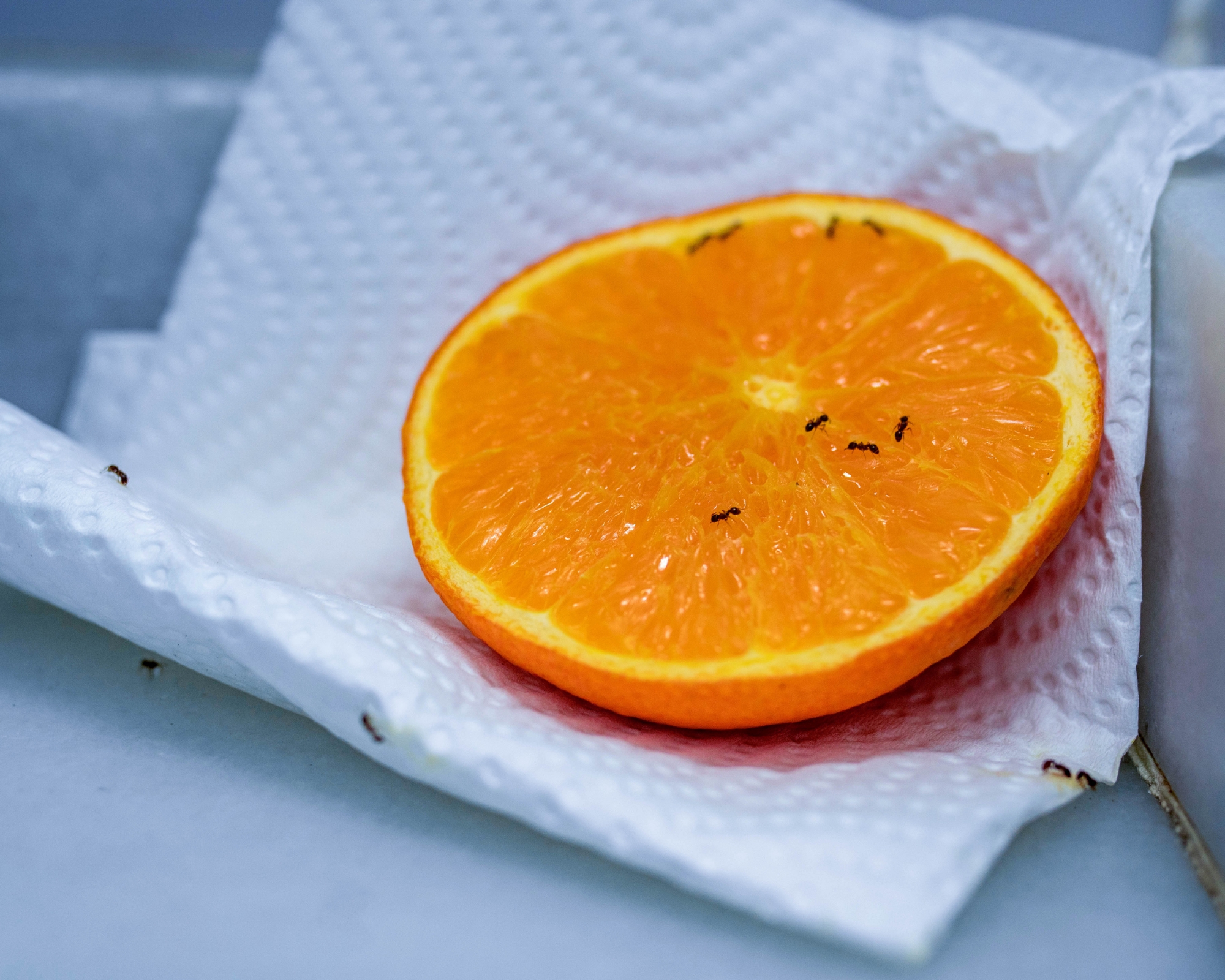
Once you've sealed off your kitchen as best you can, the next step is try ant repellants including white vinegar and red or black pepper.
Cleaning expert Vanessa Bossart says, "Natural deterrents can create an invisible barrier that repel ants without harming your family or the environment. Placing cloves, or dabbing cotton balls with peppermint oil around potential entry points can discourage ants due to their strong dislike for these scents."
Vanessa has found tea tree oil to be effective (Fiora Naturals Tea Tree Essential Oil from Amazon is certified USDA Organic and affordable). Mix a few drops with water and spray on entrance points and ant trails.
Vanessa says, "This helps keep ants away without resorting to harsh chemicals. Strong scents disrupt ant pheromone trails and deter their return, making this approach an excellent addition to your ant-fighting arsenal."
Karina has other suggestions for products you already have in your cabinets that will serve as effective deterrents for ants.
"Use coffee grounds or cinnamon placed outside and inside at entry points to act as natural ant repellents," she says. "A mixture of vinegar and water can disrupt scent trails, too."
4. Use bait
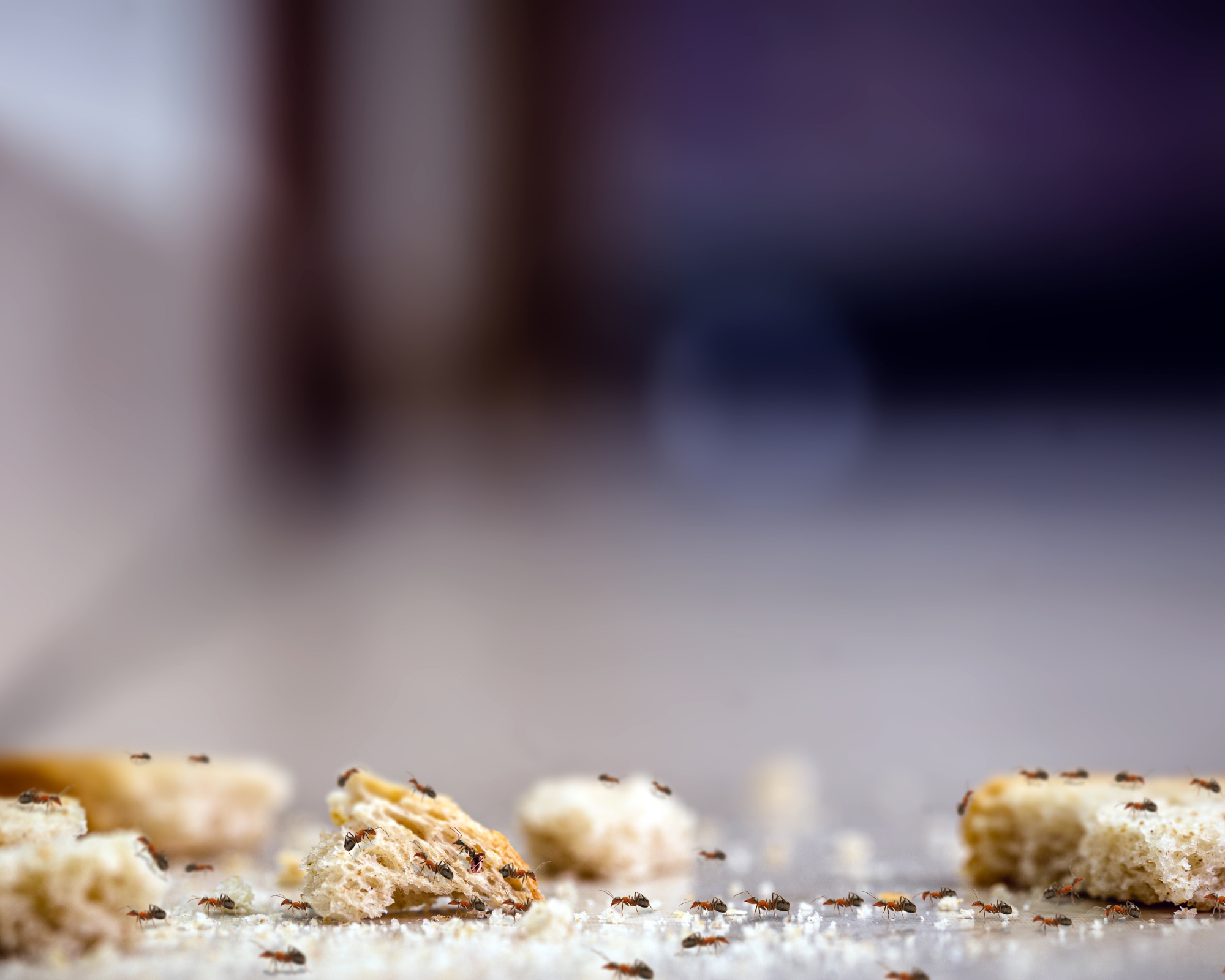
If you've tried to seal off entry points but ants keep coming back try using bait to lure them to a slow-acting poison such as boric acid (also known as borax).
DIY expert, Amy Poulton, of Hometalk, says, "Mix a cup of flour and a cup of borax with water until the mixture has a liquid consistency. Decant this into small bowls and place them in target areas. You can also use cotton balls soaked in the mixture in small crevices."
The flour acts as a bait and the borax (try Pure Original Ingredients Borax from Amazon) makes a slow-acting poison for the ants to take back to their colony, disrupting the digestive system of the insects until it proves fatal.
There are pre-made options too, including Borax-containing Terro Ant Killer Liquid Ant Baits from Target.
If boric acid isn't your bag, try sugar and Vaseline to bring about a sticky end. Amy adds, "Fill a container halfway with petroleum jelly, then mix in a little sugar. The sugar is the bait and the ants will get stuck in the Vaseline."
Check bait stations regularly and replenish them as needed. It may take some time for the poison to work, so be patient and continue to bait the ants until they're eradicated.
For serious infestations, commercial ant baits and non-repellent insecticides are worth considering, advises Karina. She recommends the TERRO T300B Liquid Ant Bait Ant Killer, available on Amazon.
"This bait attracts and kills all common household ants," Karina explains. "It's easy to use and highly effective as the ants carry the bait back to the nest, thereby killing the colony from the inside."
She also recommends Advion Ant Gel Insecticide available on Amazon. The kit comes with four tubes, tips, and plungers and targets most pest species of ants, (including key sweet feeders and additional ant species). It's also great for both indoor and outdoor use.
5. Try ant killing products
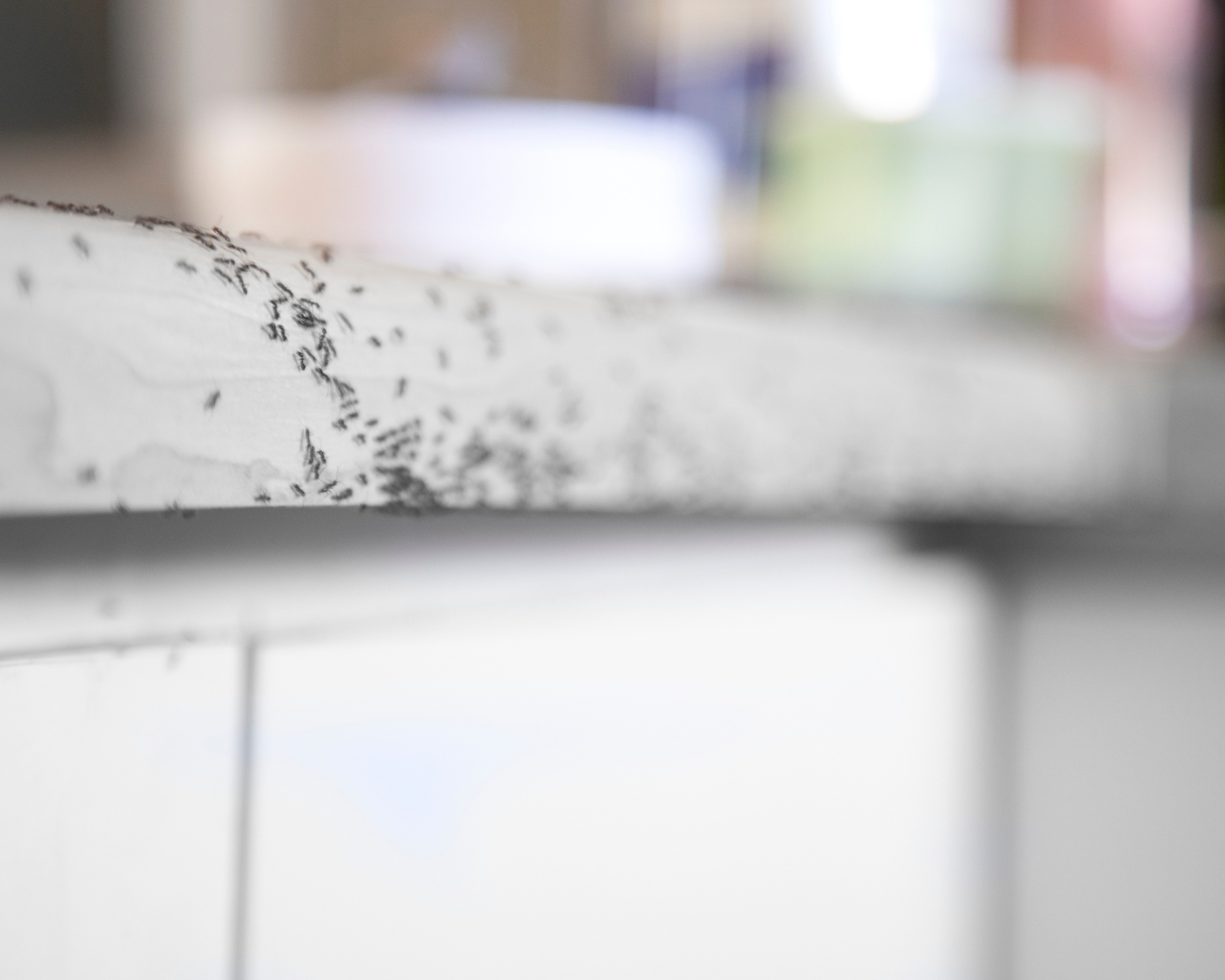
If bait isn't working, or you prefer a more direct approach, you can also get rid of ants in a kitchen by repelling or eliminating them.
One effective method is diatomaceous earth, a natural substance that kills ants on contact.
We recommend the Harris Diatomaceous Earth from Amazon — it's OMRI listed for it's organic content, and the company donates 10% to local causes. Plus, it has garneered 4.5 star reviews and more than 10,000 happy shopper reviews.
Simply sprinkle the product where ants are active, such as along their trails or near their nests. The fine powder penetrates the ants' exoskeletons, causing them to dehydrate and die.
While diatomaceous earth is non-toxic to humans and pets, it can be irritating if inhaled. Wear a mask when applying and avoid direct contact with skin.
Though there are many other ant-killers available online, including Raid Ant & Roach Killer from Target, Amy advises a homemade ACV spray as a safe alternative.
Amy says, "Simply mix two cups apple cider vinegar, two tablespoons liquid dish soap, and two tablespoons baking soda, then transfer the mixture into an industrial spray bottle. This solution kills the ants but also eliminates their scent trails for others to follow."
We recommend the Heinz All Natural Apple Cider Vinegar from Amazon.
If natural products haven't worked for you, but you're still worried about using commercial chemicals around the home, Karina has some recommendations to keep little ones and furry friends safe.
She says, "The Child & Pet Safe Raid Essentials Ant & Roach Killer Aerosol Spray is a non-toxic but effective product that can be used safely around children and pets. It's made from natural ingredients and is ideal for environmentally conscious households."
6. Keep the kitchen clean
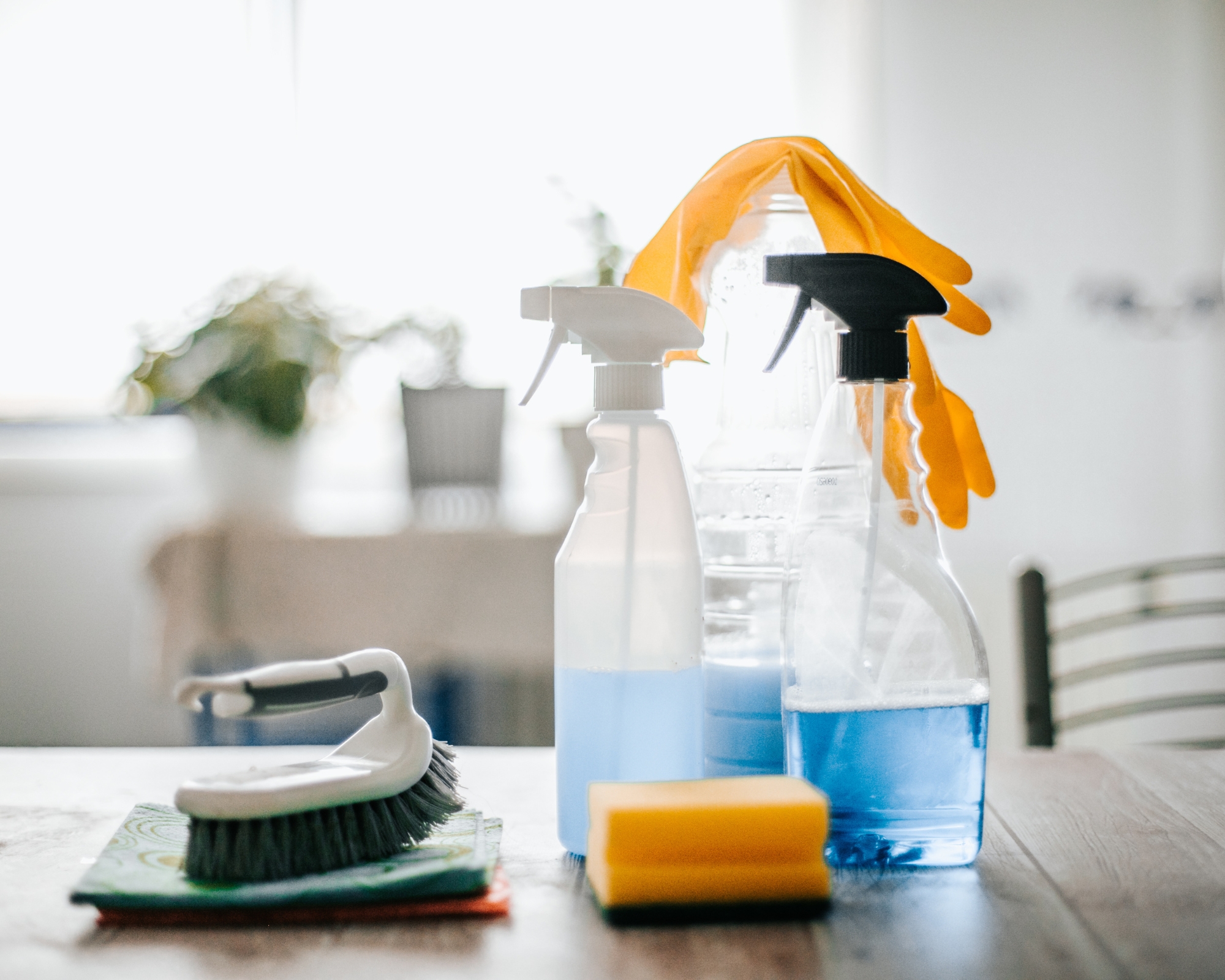
Once you've successfully eliminated the ants from your kitchen, it's essential to maintain a clean environment to prevent their return. Make it a habit to clean up spills and crumbs immediately after cooking or eating. Regularly sweep and mop floors to remove any food residue that may attract ants.
Focus on common problem areas by learning how to clean stove tops, microwaves, toasters, and fridges. Take particular care to empty and clean your trash can regularly. Keeping these areas clean and free of crumbs can help deter ants from returning.
Finally, store food carefully in airtight containers to prevent ants from detecting and calling their colony to potential food sources.
Vanessa says, "Ants are in constant search for food and water, so it's vital to eliminate these attractants by storing food carefully and maintaining a rigorous cleaning schedule.
"Wipe down all kitchen surfaces with a homemade solution of water and vinegar to dissolve food residues and sugary spills that ants find irresistible. Emphasize cleaning under appliances and in corners where crumbs tend to accumulate."
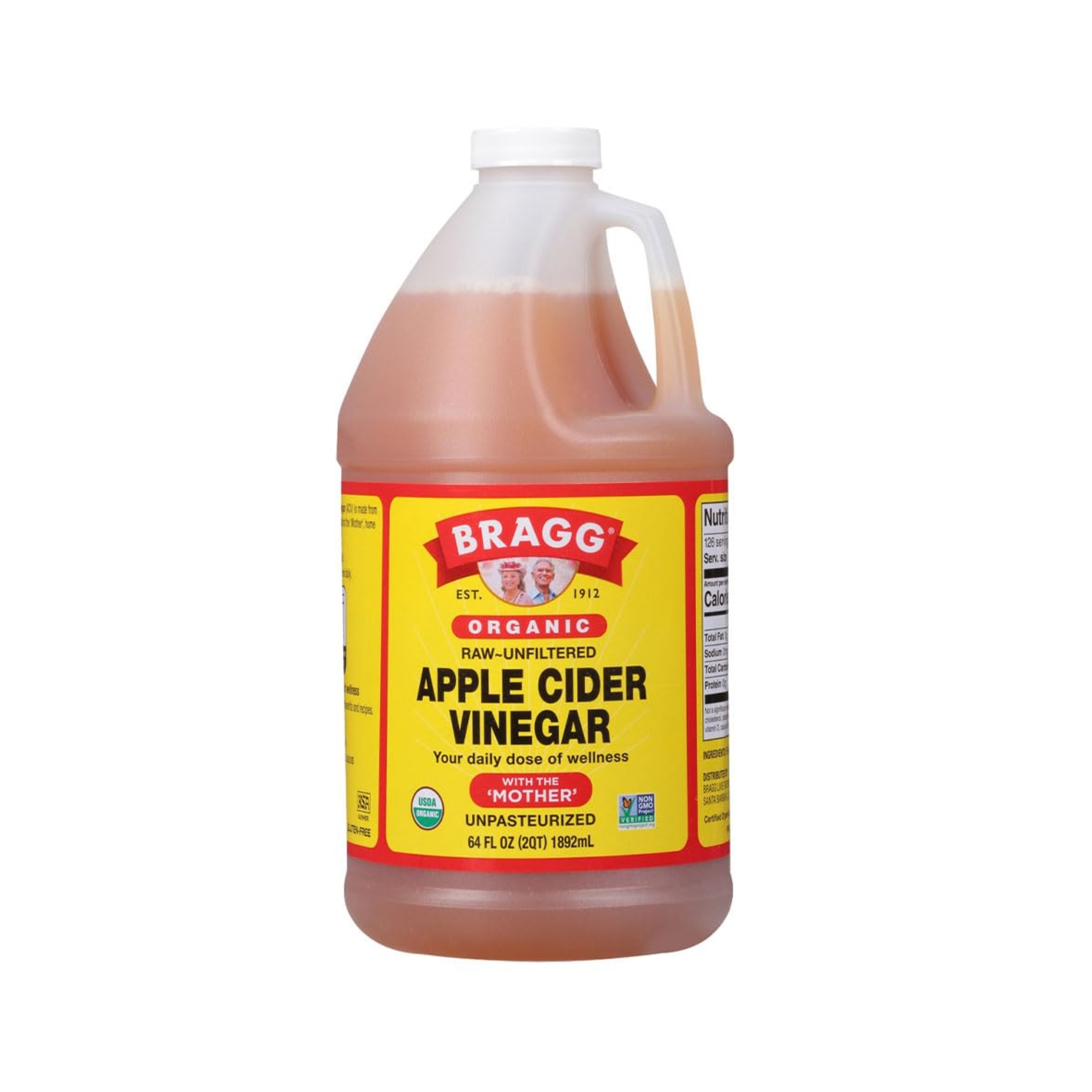
Price: $13.68
Bragg apple cider vinegar is a great choice because you can use it around the house or consume it as a health food.
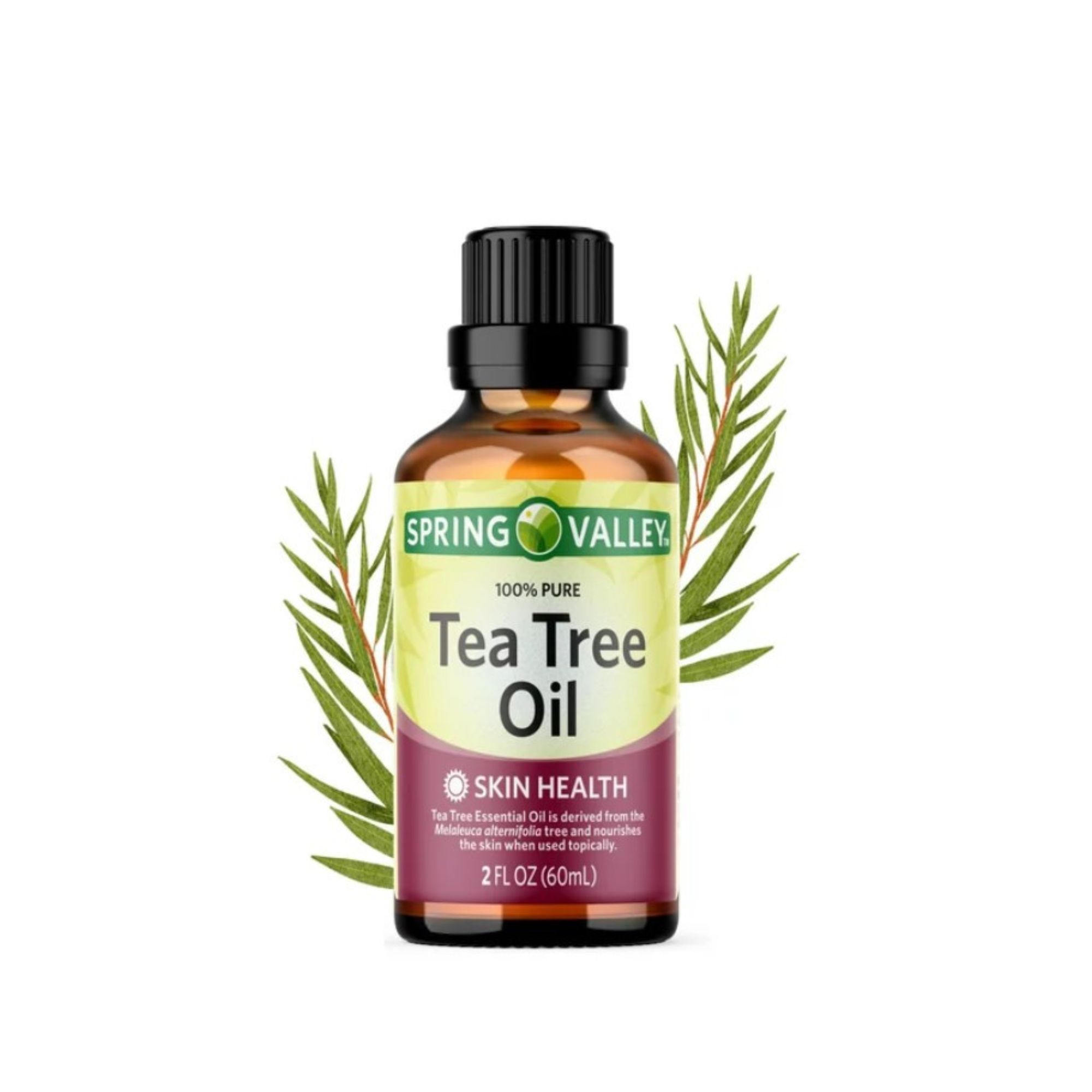
Price: $7.88
Tea tree oil is great for repelling all kinds of insects, plus it smells great.
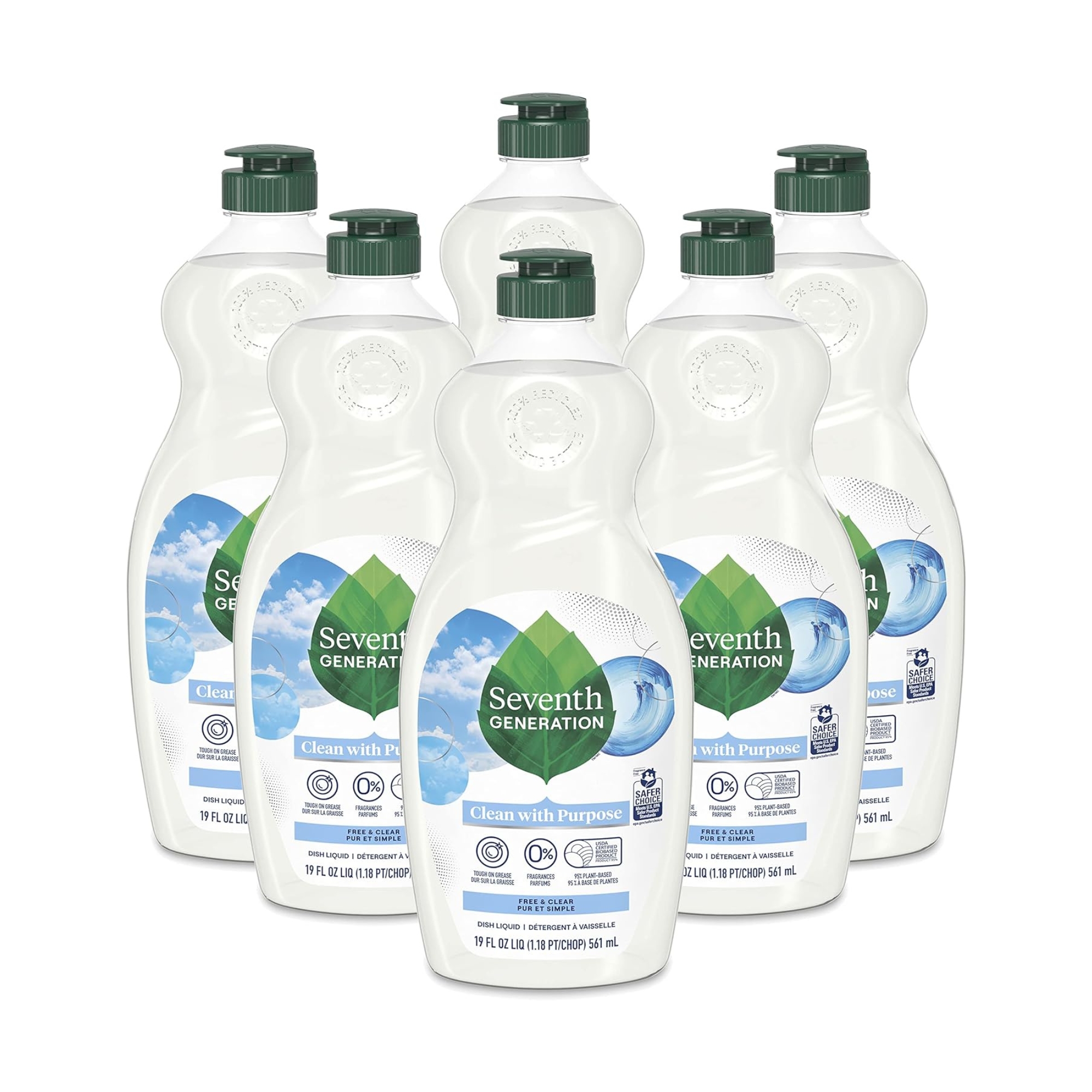
Price: $20.12
Use this mild dish soap in a solution that will naturally kill and repel ants. It's an eco-friendly product, free of harsh chemicals.
Meet our cleaning and pest control experts

With more than 18 years in the pest control industry, John Target knows all the tips and tricks to achieving a bug-free life. His team of trained technicians specialize in freeing homes from unwanted wildlife, including insects and rodents.

Karine is an Operations Manager at Spekless Cleaning, a respected cleaning company operating across multiple US states. She has more than 10 years cleaning experience and is an expert in professional cleaning solutions and helping clients with sustainable and effective cleaning.

Vanessa Bossart is founder of GreenTerra Cleaning, which has made more than 28,000 American homes sparkle and aims to redefine cleanliness as the cornerstone of healthy, sustainable living. With 18 years’ experience in the cleaning industry, Vanessa is passionate about promoting eco-friendly cleaning practices.

Amy Poulton is editor and home-improvement expert at Hometalk, the world’s largest home DIY community. It has 150,000 tutorial videos on everything from cleaning to decor, providing inspiration and expert guidance to more than 21 million members.
By following these six essential steps, you can rid your kitchen of ants and keep them at bay for good. It might also be a good time to learn about carpenter ants.
Next, learn how to declutter kitchen cabinets to aid your clean and tidy approach and keep pests firmly away.
Join our newsletter
Get small space home decor ideas, celeb inspiration, DIY tips and more, straight to your inbox!

I'm a senior writer with an English degree and NCJ qualification, plus years of experience writing news, lifestyle and consumer articles for the national and international press. I'm also a copywriter, working on a breadth of consumer and corporate projects, and a private education consultant. I live in the quiet of the countryside and love completing DIY tasks to breathe life into my small, newly-built home.
- Punteha van TerheydenEditor